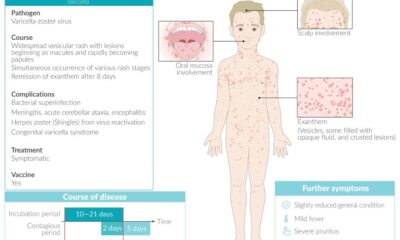#TurksandCaicos#GunCrime, February 23rd, 2024 – The Turks and Caicos Islands (TCI) are currently facing an unprecedented surge in violent crimes, particularly those involving firearms. This disturbing trend has sent shockwaves through the community, leaving citizens, law enforcement, and political leaders in a state of alarm.
Retaliatory gang violence appears to be the primary motive for these murders. The frequent reports of grave offenses have underscored the urgent need for effective strategies to combat this menace and restore peace and normalcy to the islands.
The escalating violence in TCI not only poses a direct threat to public safety but also raises critical questions about the efficacy of current measures to prevent such incidents. Families who have lost loved ones to this wave of crime are particularly frustrated with the apparent lack of accountability and justice, seeking more than just words of condolence from their leaders.
A significant concern is whether the British government, in conjunction with local elected and appointed officials, is taking adequate steps to secure the borders and tighten control over entry points to curb the inflow of illegal weapons and contraband.
Effective border management is crucial for interrupting the channels through which these illicit items are entering TCI, a task that demands immediate and focused attention.
It seems as if the progress previously made by local law enforcement is now overshadowed. The responsibility of the government to ensure the safety and security of its citizens is paramount. Without decisive action to address these security lapses, the islands risk witnessing a further escalation in violence, with innocent bystanders increasingly caught in the crossfire.
The call to action is clear: TCI requires a comprehensive and practical plan to stem the tide of violence. This plan must encompass both preventive measures to halt the influx of illegal firearms and aggressive strategies to eliminate those already circulating within the communities.
Like many concerned citizens, I too will argue that the British government and local politicians have fallen short in this critical area, prompting calls for the declaration of a state of emergency to address the crisis head-on. As we can see, it goes beyond changing leadership faces.
Proposed measures should include additional attempts of the gun buyback program, enhanced investigative efforts, strategic traffic stops to detect weapons and contraband, the utilization of inmate informants to dismantle gang networks operating inside and outside the prison walls, significantly increasing the Crime Stoppers rewards, establishment of a specialized first responder task force in Grand Turk, to include the reestablishment of the Capital’s maritime unit with the necessary resources to patrols and intercept illicit trafficking.
The community’s patience is wearing thin with mere discussions, proposed plans and unfulfilled promises. The demand is for immediate, tangible action to disrupt the cycle of violence. The effectiveness of current strategies is in question, and there is a consensus that a more robust approach is necessary.
Among the suggestions are initiatives aimed at engaging at-risk youth, who are often drawn into criminal activities due to a lack of alternatives and positive influences. Addressing the root causes of youth involvement in crime is seen as essential for long-term change.
The reality is, we are living in an era of dramatic upheaval and the TCI community is at a critical juncture.
The collective effort of law enforcement, government, and citizens is imperative in turning the tide against the proliferation of firearms-related offenses.
This is why, I like others are committed to giving disenfranchised youth a second chance to avoid getting caught up again in the nonsense and an opportunity to become productive citizens.
Against this backdrop, how will we respond to the cry for help? Will the community rally behind law enforcement? It will only get worse not better if too many good people do nothing.
We call on our community to find peaceful ways to have civil discourse rather than retaliate. Avoid the temptation of retaliation as violence is never the answer.
The path forward involves not only stringent security measures but also a deep commitment to social programs that address the underlying factors contributing to the rise in violence.
The time for action is now, to ensure the safety and prosperity of the Turks and Caicos Islands for generations to come.
By Ed Forbes
Concerned Citizen


 Caribbean News7 days ago
Caribbean News7 days ago
 Caribbean News7 days ago
Caribbean News7 days ago
 Caribbean News1 week ago
Caribbean News1 week ago
 Caribbean News7 days ago
Caribbean News7 days ago
 Bahamas News7 days ago
Bahamas News7 days ago
 News7 days ago
News7 days ago
 Bahamas News1 week ago
Bahamas News1 week ago
 News7 days ago
News7 days ago






















